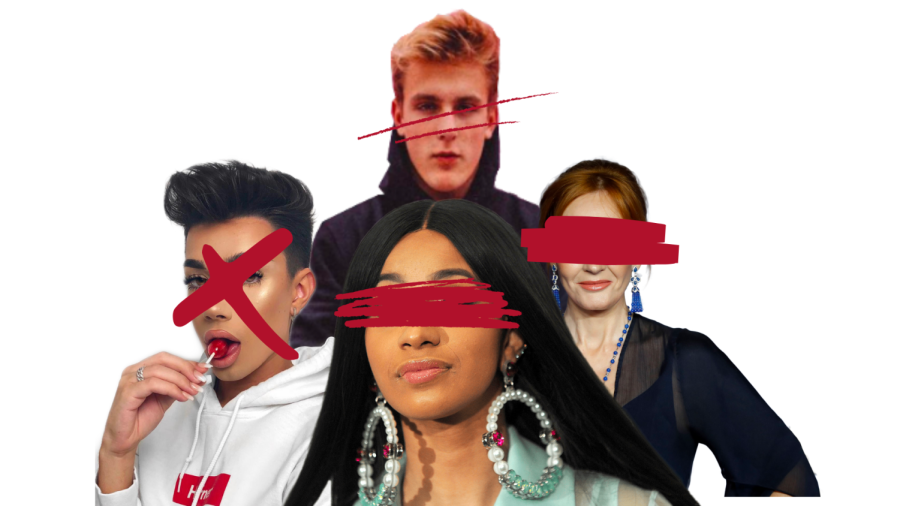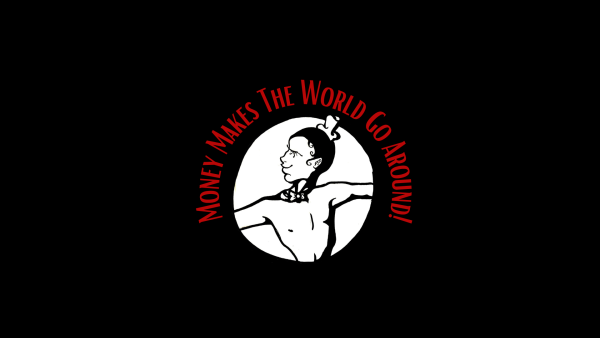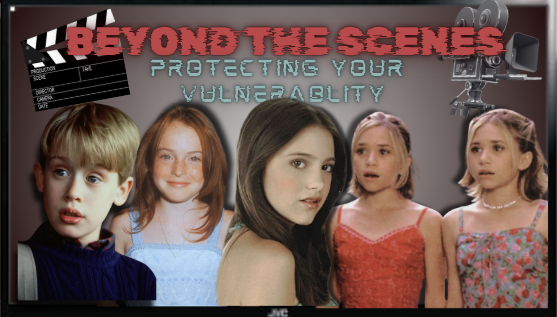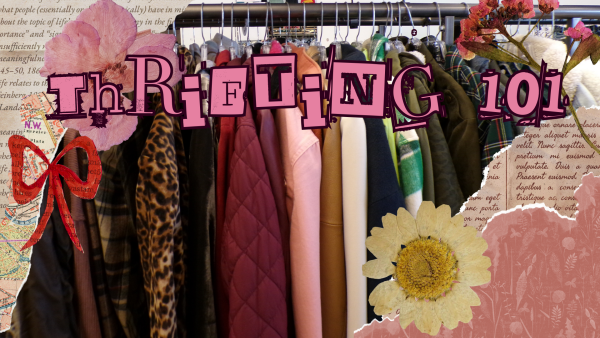What is Cancel Culture?
As social media has gained traction over the years, the topic of cancel culture has increased in popularity and overtaken multiple social media platforms such as Twitter and TikTok. Most famously, Twitter has become a medium for communication where people can vocalize their opinions, a lot of which are controversial and surround popular content creators. Posting on Twitter is simple, users on the app can post text or images and share their opinions easily. Creators can rise in popularity through joining trends or simply posting something that catches the attention of others. Either way, just as quickly as these people gain recognition, such recognition can be lost.
The act of “canceling” someone is simply claiming to take away their platform, not interacting with content, and posting opinions about the said person which are usually insulting. What is the basis on which these content creators are criticized, though?
Usually, the act of “canceling” is due to offensive posts resurfacing years after being posted, or opinions from the person that are construed as controversial. Because these content creators have such a large platform and oftentimes gain popularity rapidly, they become a target for people on the internet to pry into their lives and find ways to “expose” them. Some of the most notable “canceled” figures got their start on YouTube, a famous video-posting website. Creators like Shane Dawson, Jeffree Star, Jake Paul, and author, J. K. Rowling, have had their credibility or platforms notably taken away from them, even if only for a small amount of time. They have faced an intense amount of backlash for controversial opinions or derogatory statements and have been essentially “shunned” off of social media. Some have made a reappearance after taking self-proclaimed breaks, but some creators, such as Shane Dawson, have yet to resume posting. After facing offenses from internet users (such as death threats, insults, and mocking posts), making a return to social media becomes difficult for these creators.
For consumers of popular media that have stuck with content creators for a long time, discovering the disputable things that they have done can be uncomfortable and shape their views differently depending on their former opinions.
A junior at Huntington Beach High School and frequent consumer of social media, Addison Zumba, claims, “The way that people go about canceling someone is unnecessarily harmful and hateful. If someone has a huge platform, like Shane Dawson, Jeffree Star, or James Charles, it really is just drama and hate that will blow over after a while.”
In a lot of cases, this statement is true. Many creators that have been “canceled” have regained their popularity and are still currently making a living off of their content.
There is a clear divide between people for and against cancel culture, those who want to see people lose their platforms, and those that think it may be going too far to take someone’s career away. In an effort to gain forgiveness, many people who are called out for offensive statements make apology videos in order to clear their names. Only rarely are these apology videos ever effective in convincing internet users to stop sending hate their way. As long as creators continue to make mistakes, cancel culture is not going anywhere.
Your donation will support the student journalists of Huntington Beach High School. Your contribution will allow us to cover our annual website hosting costs.
Thank you for supporting our program!







